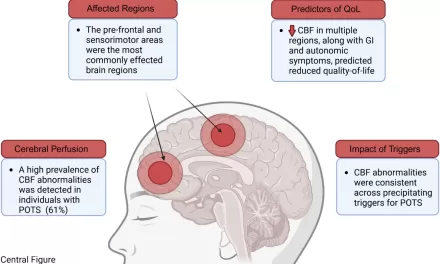A groundbreaking study published in the journal Nature Metabolism has unveiled the profound effects of prolonged fasting on the human body, shedding light on potential health benefits beyond just weight loss. Led by researchers from the Queen Mary University of London and the Norwegian School of Sports Sciences, the study suggests that fasting could have therapeutic implications for individuals unable to undergo extended periods of fasting or fasting-mimicking diets.
The research, conducted with 12 healthy volunteers undertaking a rigorous seven-day water-only fast, underscores a pivotal shift in energy utilization within the body. Over the course of the fast, the volunteers were closely monitored to track changes in the levels of approximately 3,000 proteins in their blood before, during, and after the fasting period.
Results revealed that within the initial two to three days of fasting, the body transitioned its primary energy source from glucose to stored body fat. On average, participants experienced a weight loss of 5.7 kg, comprising both fat and lean mass. Remarkably, after resuming normal eating patterns post-fast, the lean mass loss was nearly entirely reversed, while the reduction in fat mass was sustained.
Professor Maik Pietzner of Queen Mary University commented, “Our findings provide insight into the age-old practice of fasting and its potential therapeutic applications. While fasting may offer benefits for certain health conditions, it may not always be a viable option for individuals dealing with illness.”
Director of Queen Mary’s Precision Health University Research Institute, Claudia Langenberg, added, “Fasting, when conducted safely, has demonstrated effectiveness as a weight loss intervention. Popular fasting-based diets, such as intermittent fasting, claim to yield health benefits beyond mere weight loss.”
The research team noted that while the study results provide compelling evidence for the health advantages of fasting extending beyond weight loss, these benefits became evident only after a minimum of three days of total caloric restriction—a timeline later than previously assumed.
This study marks a significant milestone in our understanding of fasting’s effects on human physiology, paving the way for further exploration into fasting-based interventions for improved health outcomes.












